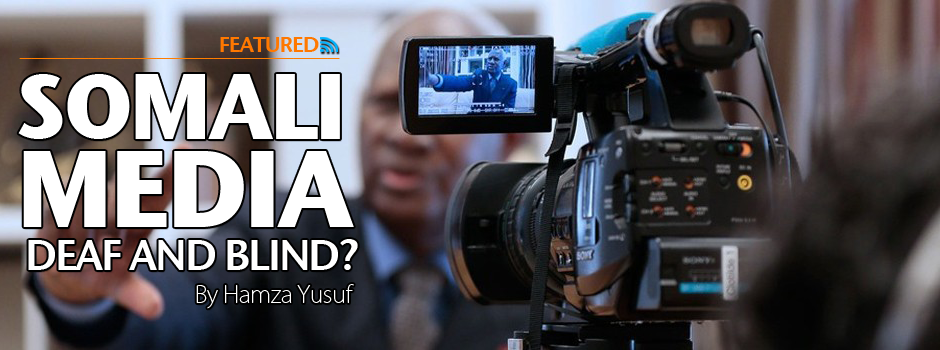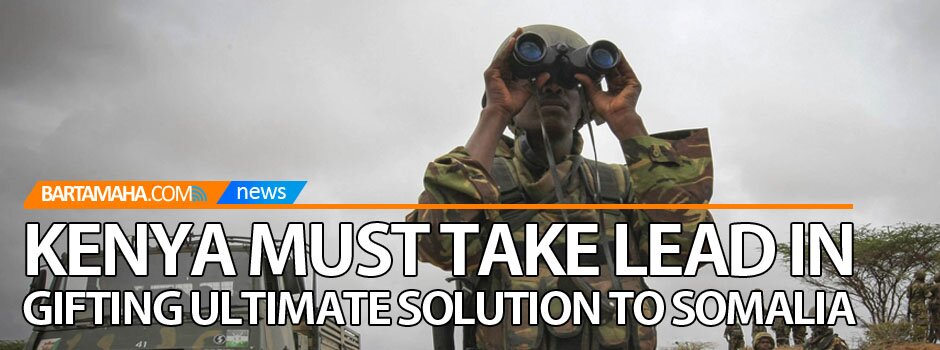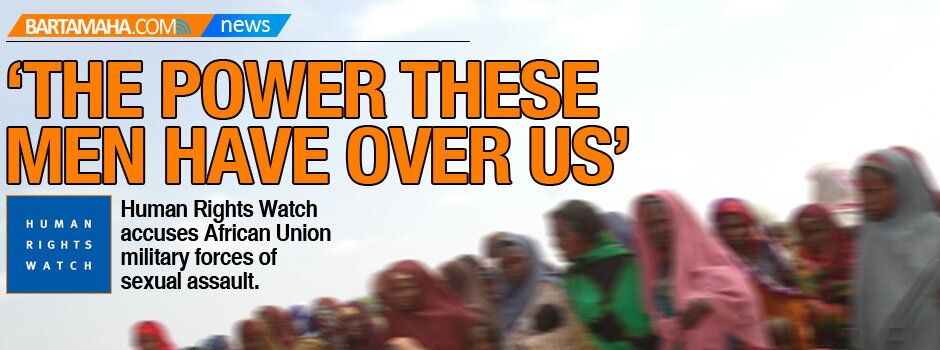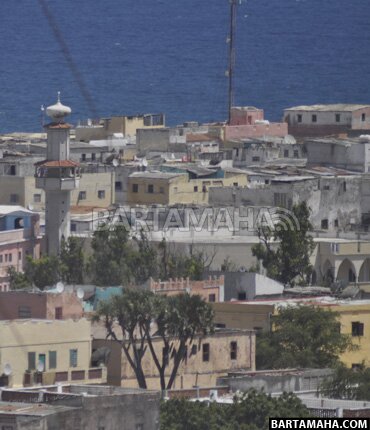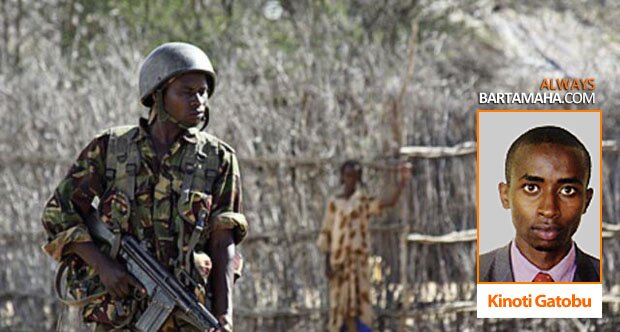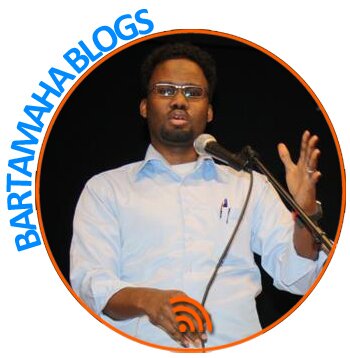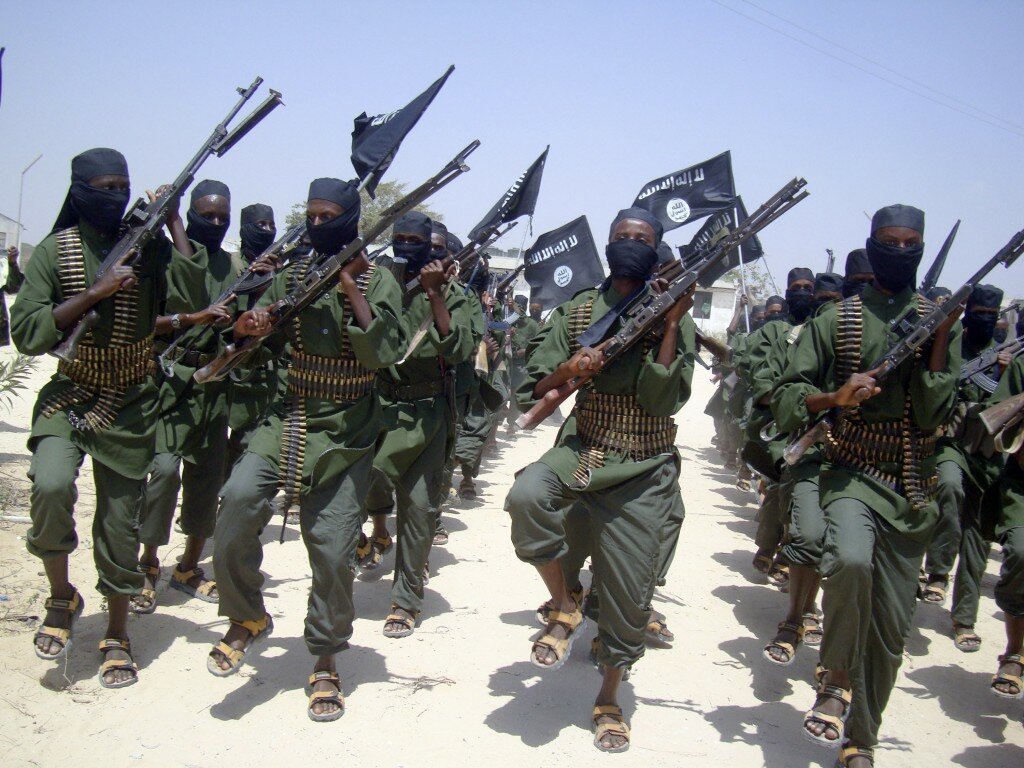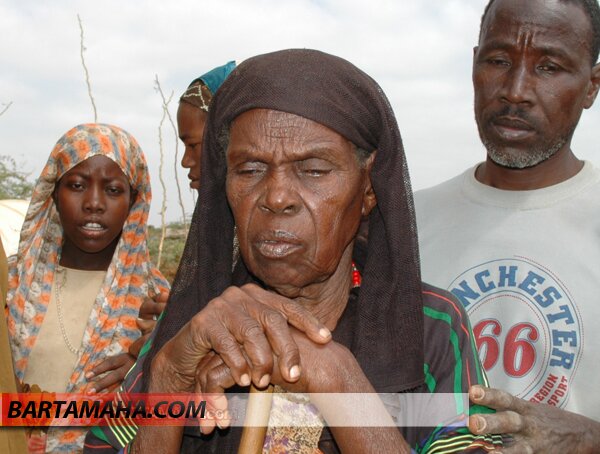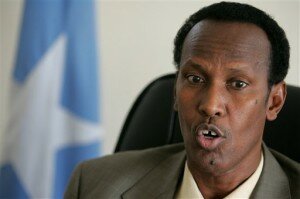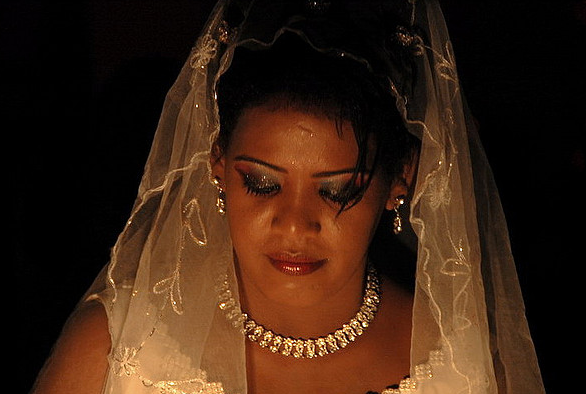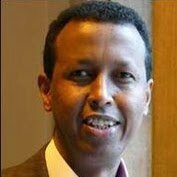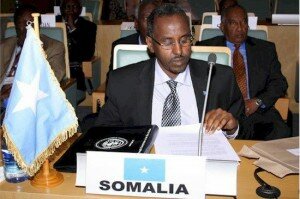Why al-Shabaab are on the rise in lawless Somalia
 THE CONTINUING FIGHTING in Mogadishu underlines the daunting task that faces the newly-elected Somali president, Sheikh Sharif Ahmed.
THE CONTINUING FIGHTING in Mogadishu underlines the daunting task that faces the newly-elected Somali president, Sheikh Sharif Ahmed.
His election marked a dramatic return for the former head of the Union of Islamic Courts administration, which controlled most of southern Somalia for six months in 2006.
He was always seen as the moderate face of the UIC. But winning over the roughly 500 members of Somalia’s newly expanded parliament seems to have been the easiest part of his presidency, for he faces daunting challenges – famine, poverty, chronic insecurity and lawlessness.
The new president needs to navigate a bickering parliament, a hungry population and meddling neighbours – and, more importantly, to face down the military threat from al-Shabaab who have denounced his new administration.
Al-Shabaab have shown no willingness to join the grand coalition between Sheikh Sharif’s ARS and the remains of the transitional government on the pretext that foreign forces – African Union peace-keepers – are still in Somalia.
THEY HAVE SPENT THE LAST TWO years building their military and financial strength and are now probably the best organised force in southern Somalia. They, therefore, will be hard to dislodge.
Al-Shabaab have expanded their control over southern Somalia since taking control of the strategic port of Kismayo late last year. Baidoa, the town that, until recently, hosted the Transitional Federal Parliament, is also under their control.
They have also taken total control of Mogadishu except for a two-square kilometre area comprising the president’s palace, the airport and the seaport.
Hundreds of foreign fighters affiliated to the al-Qaeda organisation are also taking part in the battles the government forces are waging against the Islamist rebels who seek to overthrow it.
In the past few months, a new axis of conflict has opened up in Somalia. In a definitive shift, fighters from different clans are forming alliances and battling one another along religious lines.
Moderate Sufi scholars, whose tolerant beliefs have come under attack, have decided to fight back against al-Shabaab for destroying their shrines and murdering their imams.
The Sufis, a loosely organised, religious brotherhood, also drawing from many different clans, had studiously avoided getting involved in Somalia’s clan battles, until al-Shabaab shot dead several Sufi students and tore apart Sufi shrines.
It is an Islamist versus Islamist war, and the Sufi scholars are part of a broader moderate movement that Western nations are counting on to repel Somalia’s increasingly powerful extremists.
Whether Somalia becomes a terrorist haven and a genuine regional threat – which is already beginning to happen, with hundreds of heavily armed foreign jihadists flocking here to fight for al- Shabaab – or whether this country steadies itself and ends the years of bloodshed, may hinge on who wins these ideological, sectarian battles.
When the Ethiopians pulled out and the moderate Islamists took the helm of the internationally recognised transitional government, hopes for peace were raised. But since then, the verdict on the moderates has been mixed.
In the past two weeks, al-Shabaab have almost routed government forces from Mogadishu and Ethiopian troops have once again crossed the border and are standing by.
If Mogadishu falls, Somalia will be dragged deeper into violence and the country will fragment even further into warring factions, with radical Islamists probably on top.
The moderates are holding their own in Somalia’s central region, and the newly-minted Sufi militia is about the only local group to go toe-to-toe with al- Shabaab and win.
The part of central Somalia that the Sufis control is not nearly as strategic as Mogadishu. But the Sufis have achieved what the government has not: grassroots support from local clans.
MANY SOMALIS SAY THAT THE SUFI version of Islam, which stresses tolerance, mysticism and a personal relationship with God, is more congruent with their traditions than the Wahhabi Islam espoused by al-Shabaab, which calls for separation of the sexes and harsh punishments like amputations and stonings.
The Sufis have also tapped into an anti-Shabaab backlash against their reign of terror, which includes assassinations and even beheadings. Al-Shabaab’s continuation of the war after the Ethiopians left does not make sense to most Somalis.
The Sufis are loosely allied to the transitional government, which has promised to rule Somalia with some form of Islamic law. The president, incidentally, comes from a long line of Sufi clerics.
Many Somalis, however, feel that Sheikh Sharif is making the same mistake his predecessors made, spending more time soliciting foreign support than working Mogadishu’s streets to cultivate local allies.
Mr Muthuma works with an international NGO in Mogadishu
Comments
comments
 Calendar
Calendar





